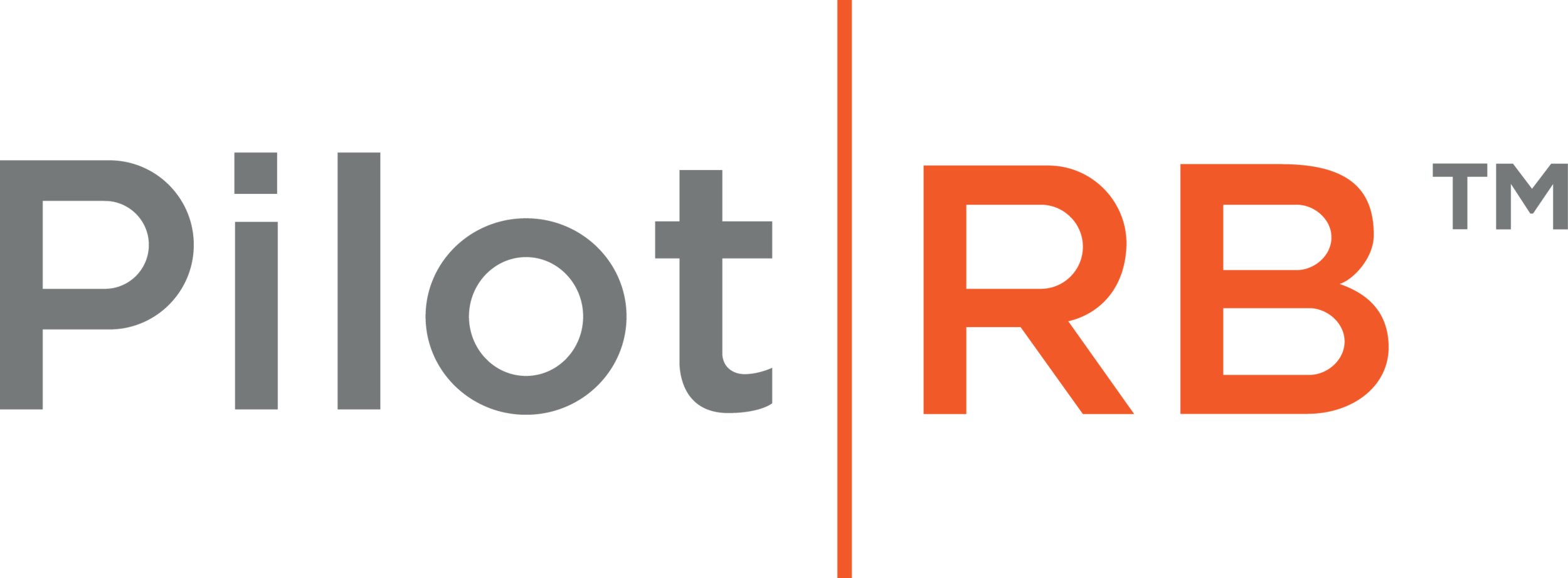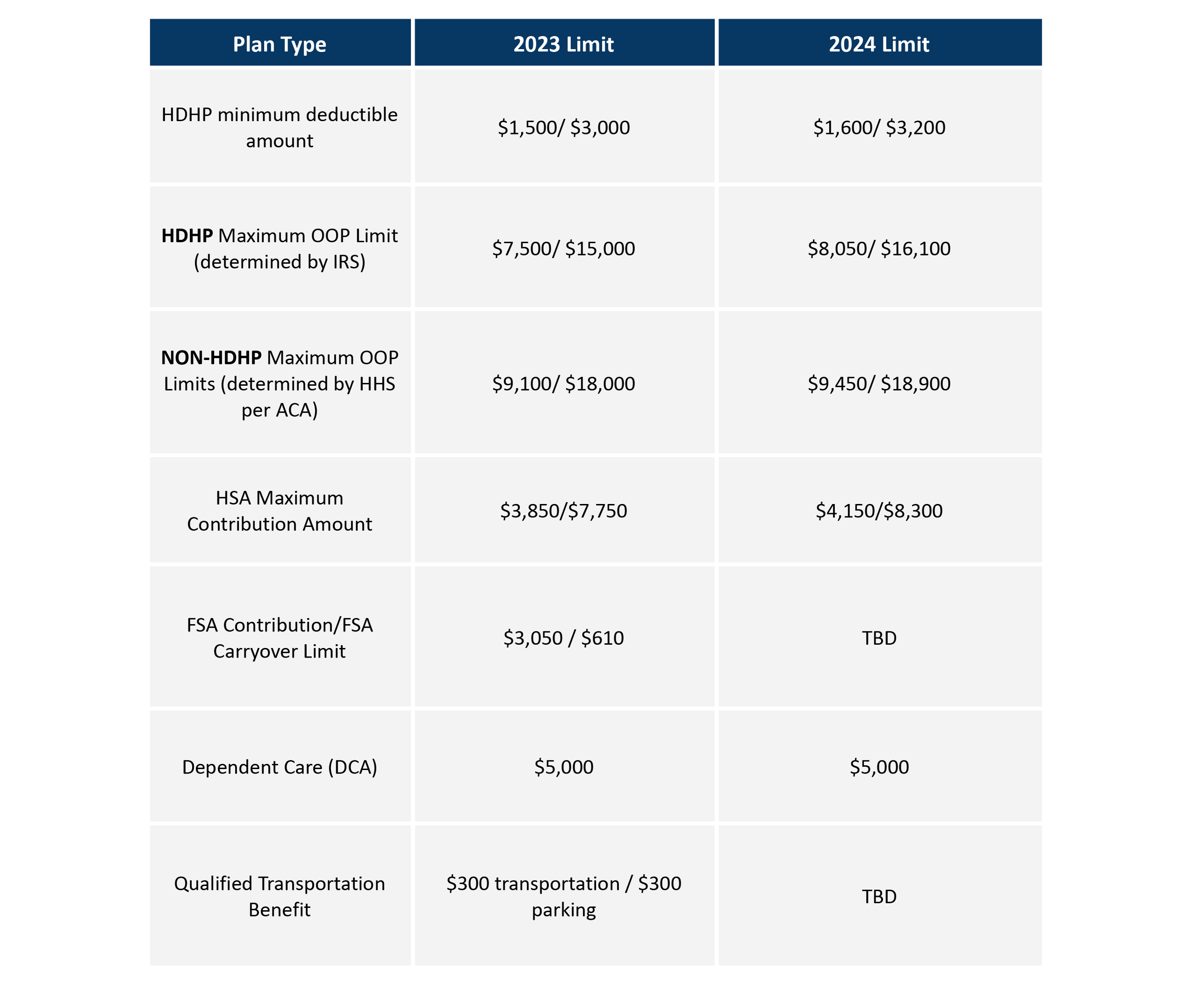Summer 2023 Legislative Summary
End of the Public Health Emergency
The long anticipated end of first the National Emergency, and then the Public Health Emergency, finally came to fruition this spring. The expiration of the NE and PHE automatically terminated many COVID relief measures, such as certain cost share waivers for COVID testing and coverage for over the counter COVID test kits. It also signaled the end of another relief period known as the Outbreak Period, sixty days later. The combination of these different events will ultimately result in fewer claim dollars being spent by self insured employers and insurance carriers for group health plans. Employees will be responsible for deductible payments, cost sharing, and other out of pocket costs associated with their plans as they were in pre-pandemic times. The true impact remains to be seen, and may take several years of data to accurately ascertain.
IRS Notice 2023-37
Among the myriad of COVID relief measures that have expired, the IRS confirmed this summer via Notice 2023-37 that HSA eligible high deductibles health plans (HDHPs) will not be able to waive deductible satisfaction requirements when it comes to COVID testing, as of December 31, 2024. Vaccinations will continue to be covered as preventive services items under the Affordable Care Act’s requirement, and will not impact HSA eligibility.
Medicaid Redetermination
During the Federal Government’s COVID relief efforts to reduce the number of uninsured Americans, states received funding if they maintained Medicaid enrollments and essentially ‘held off’ the annual Medicaid eligibility determination process. The Consolidated Appropriations Act of 2023 ended the ‘continuous enrollment’ requirement, so states could once again resume the redetermination process. This process began in most states on April 1. Though there was anticipation that millions would lose Medicaid coverage and seek enrollment with their employer health plans, it seems that this migration has been limited in scope and the majority of employers have not seen a large influx of enrollment requests.
Preventive Services
A core component of the Affordable Care Act is the requirement that group health plans provide coverage without cost share for services deemed to be ‘preventive’ by four different sources, including the U.S. Preventive Services Task Force (USPSTF), the Advisory Committee on Immunization Practices (ACIP), the Health Resources and Services Administration’s (HRSA’s) Bright Futures Project, and the HRSA-sponsored Women’s Preventive Services Initiative (WPSI). Recall that in March 2023, a Texas District Court invalidated several categories of preventive services in Braidwood Management v Becerra (those recommended by the USPSTF). The 5th Circuit has recently stayed the Texas Court’s holding, keeping all classes of preventive services intact for the time being.
SCOTUS
Reproductive Rights
The Supreme Court’s decision to overturn Roe v Wade as they rendered their 2022 opinion in Dobbs v Jackson sent shock waves through the nation. The Court essentially removed the Constitutional interpretation of a federal right to receive an abortion, and turned the issue back to the states to regulate. Through a tumultuous year of unrest at the state level, there are currently 14 states with total abortion bans, one state with a 6 week abortion ban, one state with a 12 week ban, and 4 states with a 15-20 week ban at the time of this writing.* Other states have added abortion protections into their legislation. Self-insured employers are largely free from state law but should be cognizant of the status of different state laws where they may have employees located. The legislation surrounding abortion is still an unsettled area, and health insurers will need to continue closely monitoring the states in which they write plans.
Affirmative Action
Recently, the Supreme Court struck down affirmative action programs at both the University of North Carolina and Harvard University. In a 6-3 vote in Students for Fair Admissions Inc. v. University of North Carolina and a 6-2 vote in Students for Fair Admission Inc. v. President & Fellows of Harvard College (with Justice Brown Jackson recusing herself due to past involvement with Harvard), the Supreme Court ruled that both universities’ affirmative action programs violate the Equal Protection Clause of the U.S. Constitution.
These two cases overturned the tenants of the 2003 Supreme Court holding in Grutter v. Bollinger, which upheld the consideration of race as one of many factors in the college admission process.
Religious Accommodations
In Groff v. DeJoy, the Supreme Court unanimously ruled in favor of a U.S. Postal Service mail carrier who sought religious accommodation. This lawsuit was brought forward by the mail carrier after they were disciplined for refusing to work on Sundays because of religious reasons.
The Supreme Court’s decision makes it easier for employees to seek religious accommodations by creating a higher standard for employers to measure the burden workers’ religious accommodation requests would impose on their businesses.
DOL
Pregnant Workers Fairness Act
The Pregnant Workers Fairness Act (PWFA) took effect June 27, and enhances the protections already required under the Pregnancy Discrimination Act. The new law does not change any currently applicable state law, but rather adds federal requirements to accommodate pregnant employees. Under PWFA, 'covered employers' must offer 'reasonable accommodations' to workers for medical conditions related to the entire period from pregnancy through postpartum recovery.
A covered employer for purposes of the PWFA is any private or public employer with at least 15 employees. A few examples of 'reasonable accommodation' are, closer parking, the ability to sit or drink water as needed throughout the day, flexible hours, additional break time to use the bathroom, eat, rest, and time off after childbirth. The EEOC has jurisdiction to enforce the PWFA and has published a helpful employer guide on their website, located here.
Mental Health Parity
New proposed rules signal the departments' continued efforts to strengthen workers’ access to mental health services. The DOL, HHS and IRS state jointly “the departments aim to promote changes in network composition and plans’ and issuers’ medical management techniques to make mental health and substance use disorder provider networks more accessible and create parity in treatment limitations, such as network composition standards and prior authorizations, for people seeking mental health and substance use disorder treatment.” The 2022 Fact Sheet is also helpful for employers to review.
2023 Versus 2024 Plan/ Out of Pocket/ FSA Limits
The courts and departments show no signs of slowing down for summer. As we approach the fourth quarter of 2023, employers should review and discuss with their advisors how these legislative developments may impact their 2024 renewals.
*As of June 28, 2023 abortion is banned in Idaho, North Dakota, South Dakota, Wisconsin, Texas, Oklahoma, Missouri, Arkansas, Louisiana, Mississippi, Alabama, Tennessee, Kentucky, and West Virginia. Georgia has a 6 week ban, Nebraska has a 12 week ban, and Utah, Arizona, North Carolina and Florida have 15-20 weeks abortion bans. The bans in Utah, Arizona, and North Dakota are currently blocked by court order.

